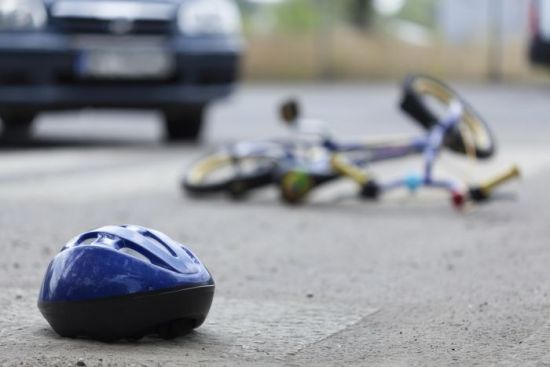The Sustainable Development Goals (SDGs) include a call to action to halve the annual number of road deaths worldwide and ensure access to safe, affordable and sustainable transportation for all by 2030.
According to the recently launched initiative, progress is being made faster on AI. This is vital, especially in low- and middle-income countries where the highest number of deaths on the roads each year.
According to the World Health Organization (WHO), around 1.3 million people die each year in traffic accidents. Between 20 and 50 million more suffer non-fatal injuries, and many of them are disabled.
AI can help in a number of ways, including better collision data collection and analysis, improving road infrastructure, increasing the efficiency of responding to an accident, and inspiring regulatory innovation.
This approach requires fair access to data and the ethical use of algorithms which many countries currently lack and which prevent them from finding road safety solutions.
Missed Opportunity
AI for Road Safety brings together special representatives for road safety, technology and the International Telecommunication Union (ITU).
Announcing the initiative, ITU General Secretary Houlin Zhao said the disproportionate number of road deaths in developing countries, is another example of why the benefits of new technology should reach everyone everywhere.
Road Safety Officer Jean Todt said, there is an untapped opportunity to use AI to bridge road safety and the digital divide around the world.
Work Ahead
When the first semi-autonomous cars hit the market, the future of automated driving was back in focus. At the same time, the COVID-19 pandemic is changing mobility trends and increasing the preference for private cars.
In March, however, Todt said there was still much to be done to achieve the goal of halving the number of fatalities and injuries in road traffic by 2030. Traffic Infrastructure in many countries could not support autonomous driving in the short term. The cost of the technology is still very high, he said.
The new initiative aims to step up global AI efforts in the public and private sectors to improve the safety of all road users, whether they are traveling by car, motorcycle, bicycle, foot or other means of transport.
For MariaFrancesca Spatolisano, UN Ambassador for Technology, this initiative is a remarkable effort to focus on practical, real-world technology issues that concretely affect people’s lives.




